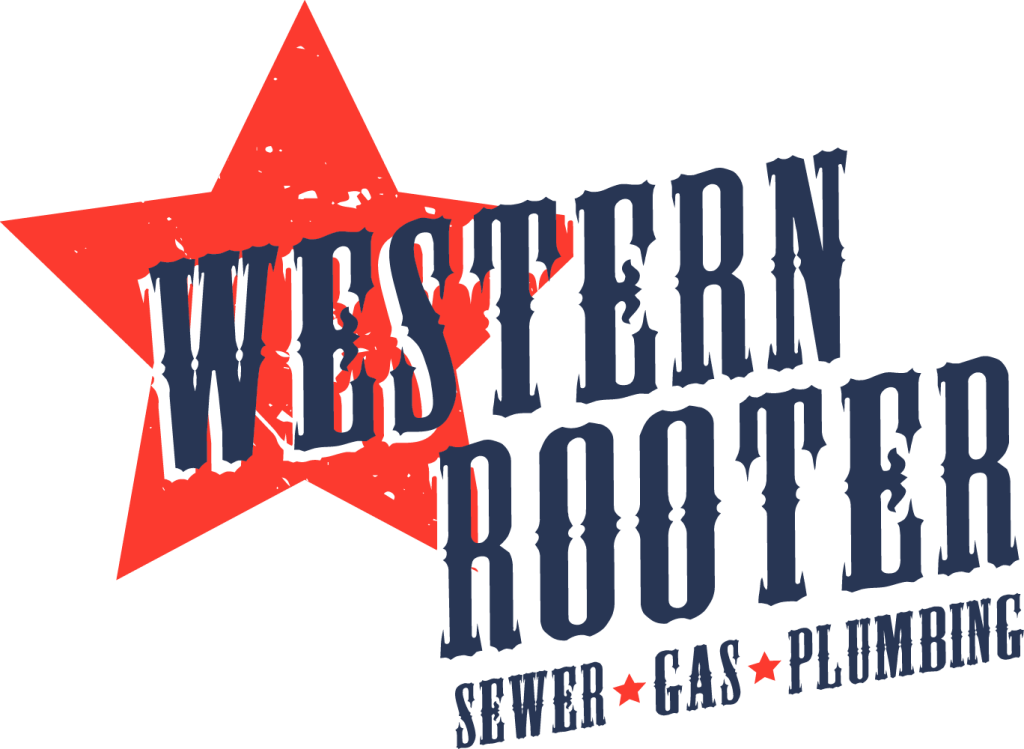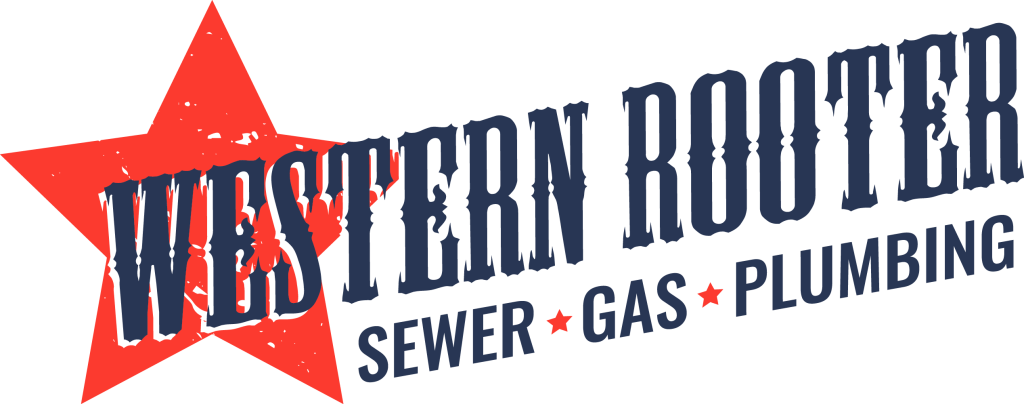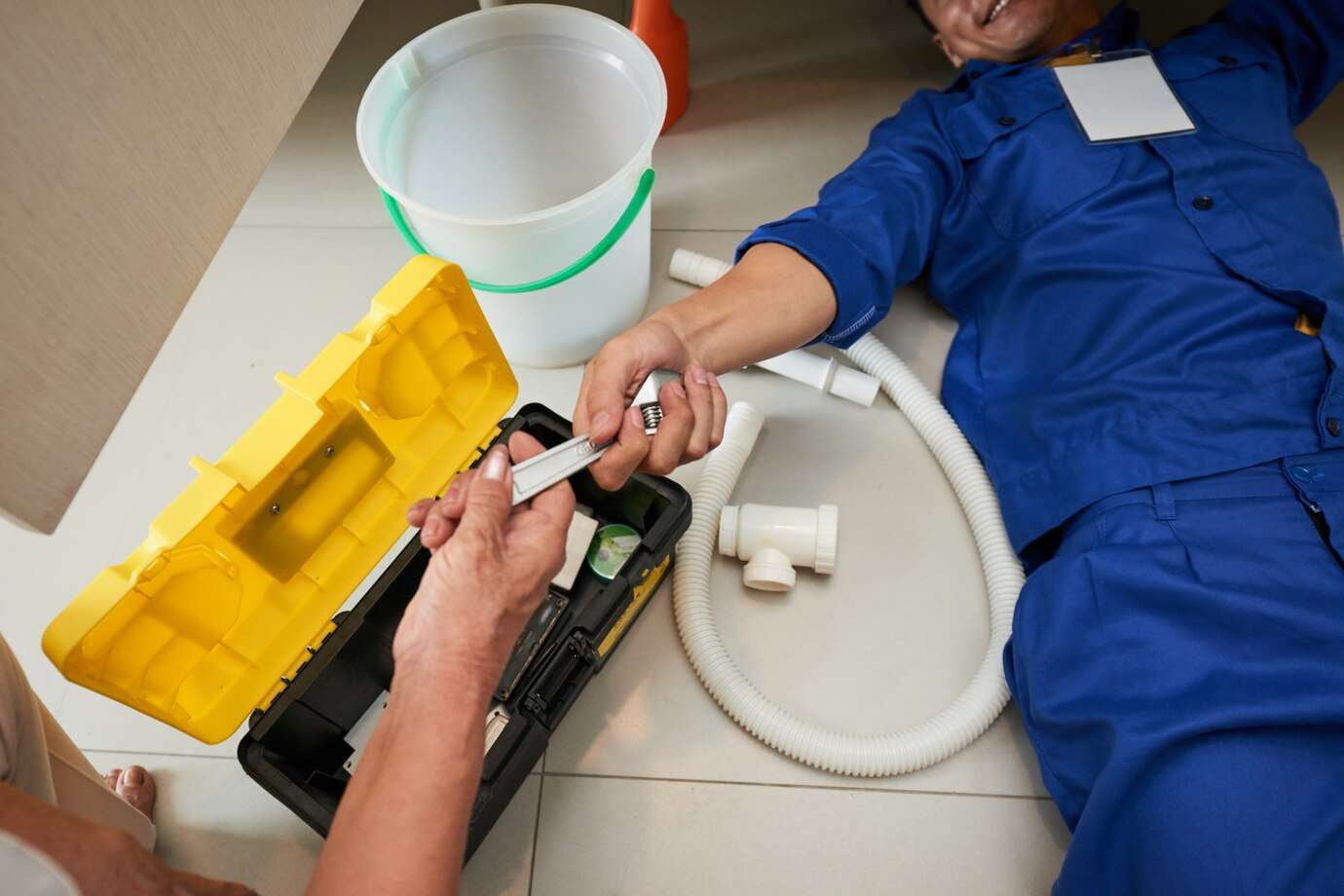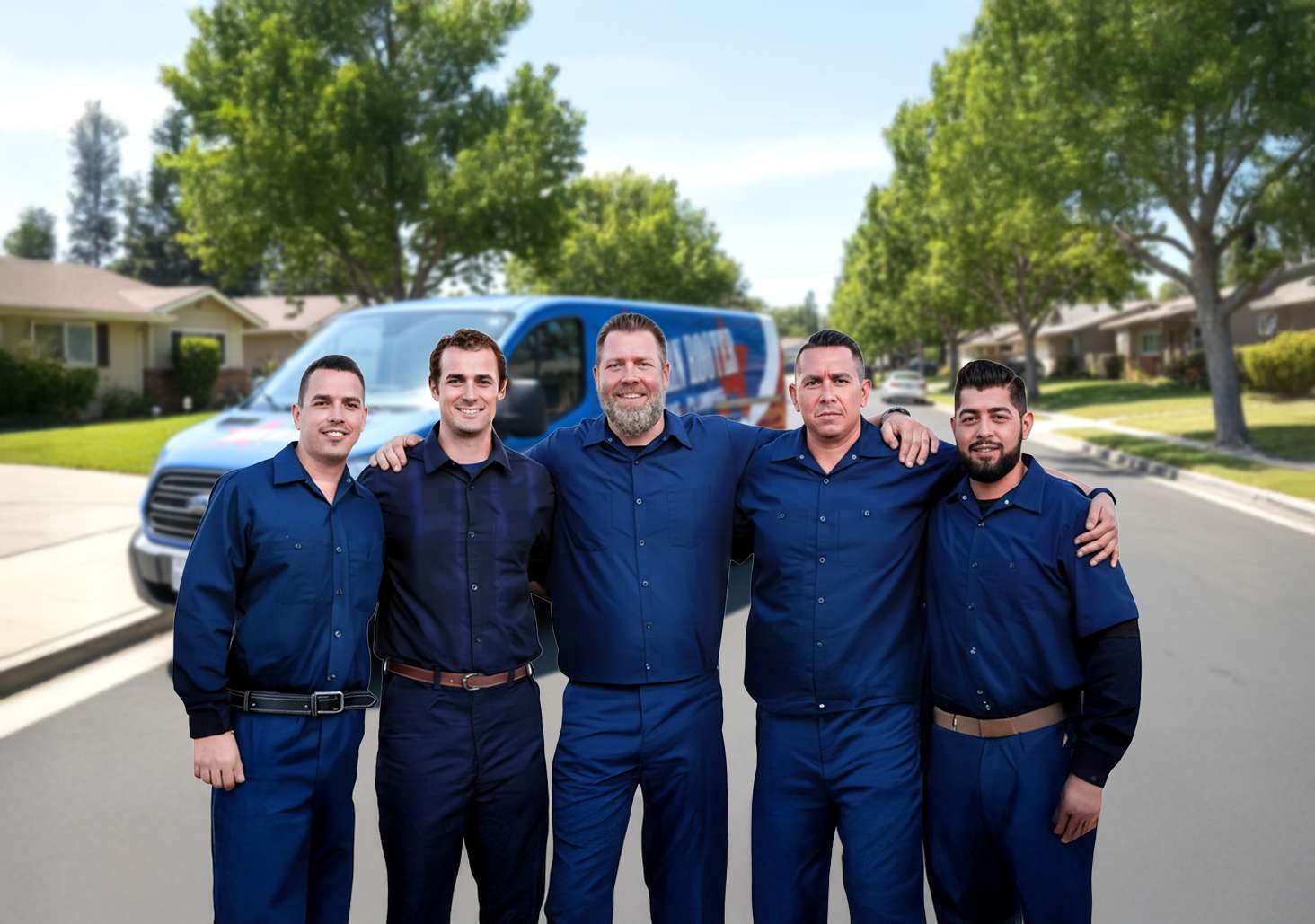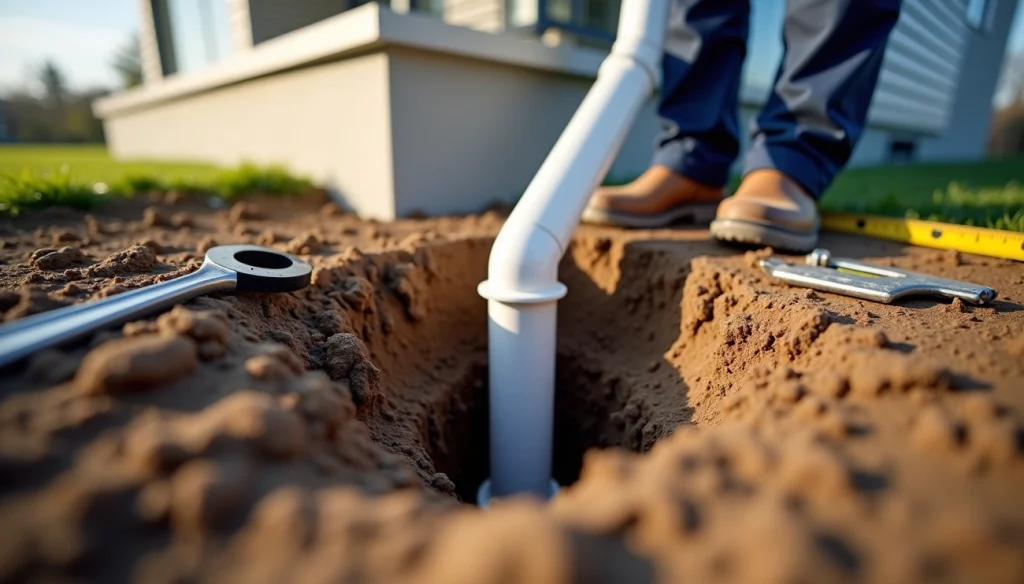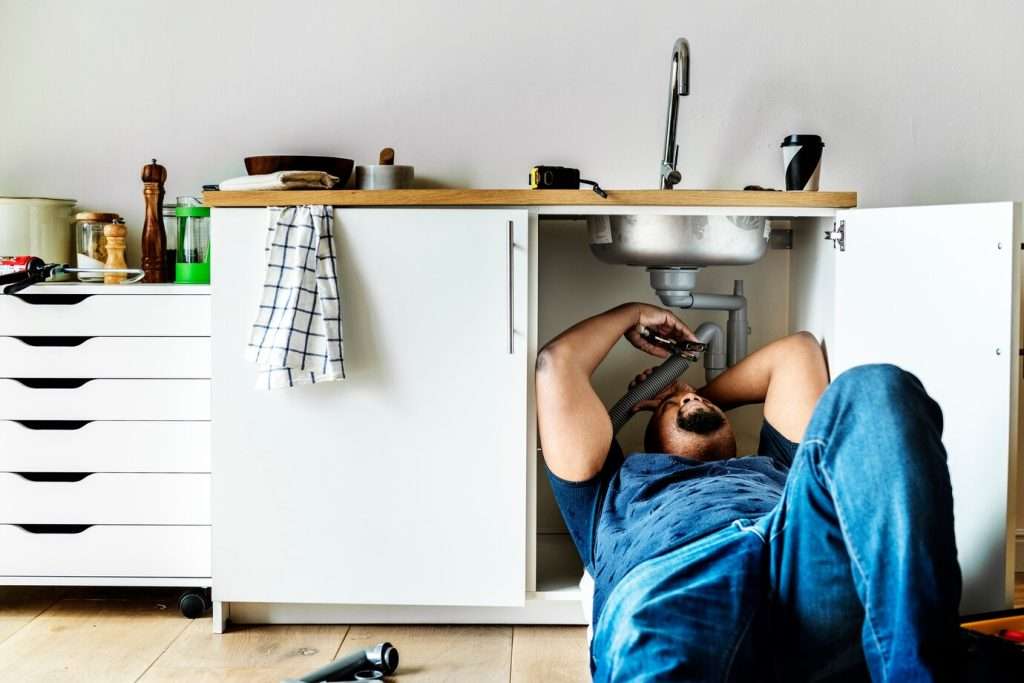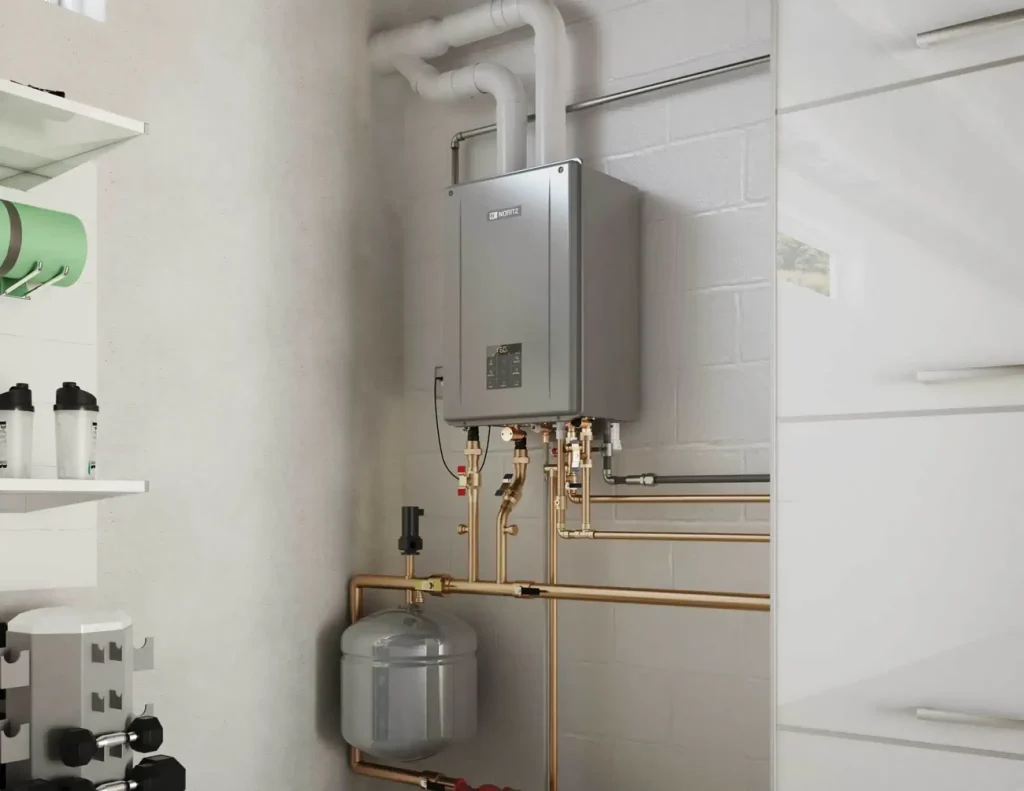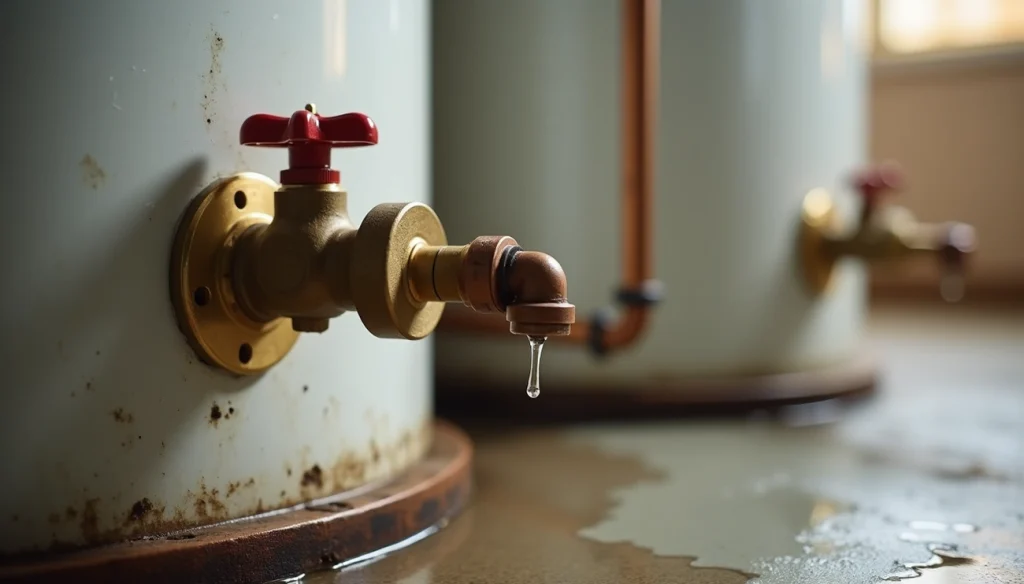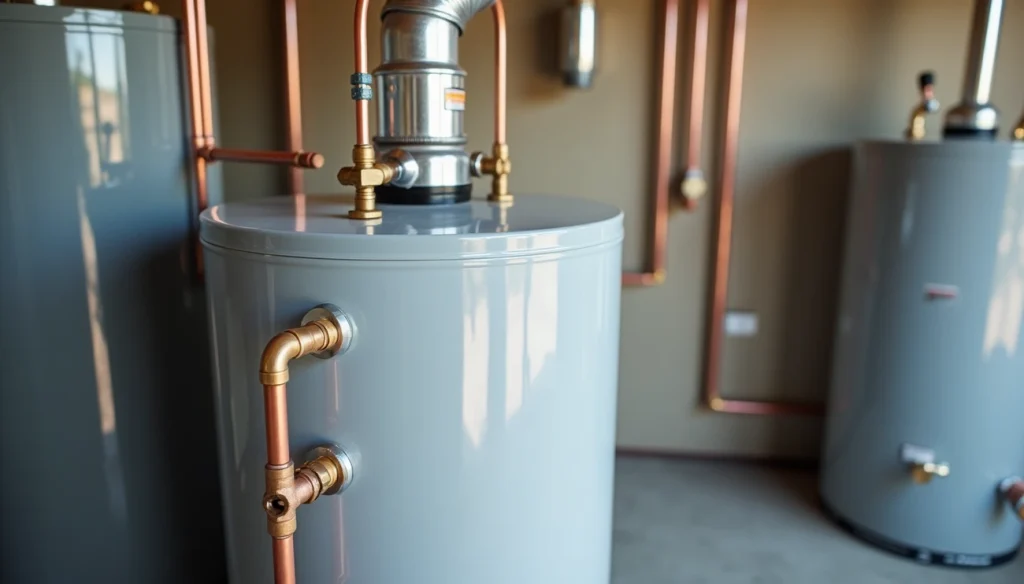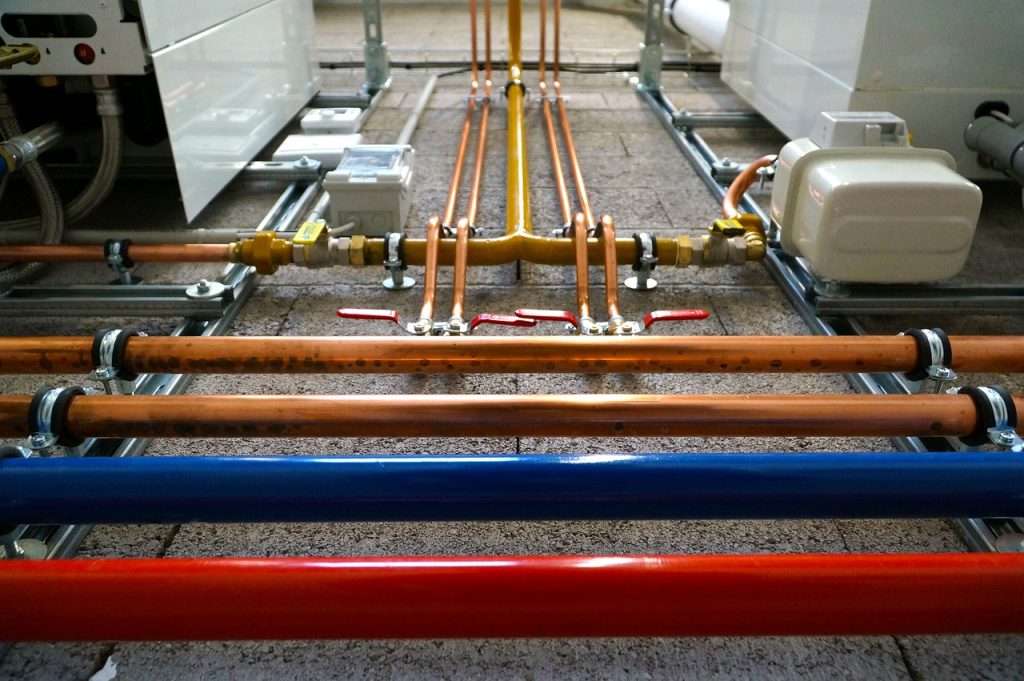Maintaining your sewer system is essential to ensure the smooth operation of your home’s plumbing and to prevent public health hazards. Regular and emergency sewer maintenance are both critical aspects of managing a sewer system efficiently. Understanding the difference between these two types of costs can help homeowners prepare financially and avoid unexpected expenses.
Regular maintenance involves scheduled inspections and cleanings to prevent blockages and other issues such as pipe leaking, while emergency costs arise from unexpected repairs due to sudden breakdowns or severe blockages.
Sewer System Basics: Understanding Your Infrastructure
Components of a Sewer System: A typical sewer system includes main sewer lines that transport wastewater from your home to municipal treatment facilities, lateral lines connecting your home to the main lines, and various cleanouts for access during maintenance.
Common Issues and Their Signs: Common sewer system issues include blockages, tree root intrusions, and pipe corrosion. Signs that indicate potential problems include slow drains, gurgling noises from toilets, and water backup in sinks or bathtubs. Early detection and addressing of these signs can prevent costly repairs and extensive damage.
Regular Sewer Maintenance
Scheduling Inspections
Regular inspections are pivotal in identifying potential issues before they escalate. Experts recommend scheduling a professional sewer line inspection at least once every two years to ensure everything is functioning correctly and to address minor issues promptly.
Cost-effective Preventive Measures
Preventative measures such as avoiding the disposal of grease down the sink, not flushing non-degradable items, and installing drain strainers can significantly reduce the risk of blockages and other sewer problems.
Benefits of Regular Maintenance
Regular maintenance helps avoid costly emergencies, extends the lifespan of your sewer system, and ensures a healthy, safe environment for your household.
Emergency Sewer Issues
Identifying Emergency Situations
Emergencies often present themselves as severe backups, significant leaks, or when you notice sewage surfacing in your yard. These scenarios require immediate attention to prevent damage to your property and health risks.
Immediate Steps to Take
In the event of an emergency, cease using all water in your home and contact a professional plumbing service immediately. Quick action can mitigate damage and costs.
Estimating Emergency Service Costs
Emergency services can be costly, particularly if they occur outside of regular business hours. Understanding the factors that influence these costs, such as the time of day and the severity of the issue, can help in financial planning and stress reduction during these urgent situations.
By maintaining awareness and taking proactive steps towards regular maintenance, homeowners can significantly reduce the likelihood and impact of emergency sewer issues, ensuring their system remains in optimal condition while managing associated costs effectively.
Cost Factors for Sewer Maintenance
The costs associated with sewer maintenance can vary widely depending on several factors. Routine inspections and cleaning might range from a few hundred to over a thousand dollars, depending on the service’s complexity and the system’s condition.
Factors Affecting the Cost of Repairs
The cost of repairs is influenced by the severity of the issue, the repair’s location, accessibility to the problem area, and the need for any specialized equipment. For example, repairs requiring excavation or the replacement of large sections of pipe are significantly more expensive than simpler fixes.
Planning for Costs
Financial experts often recommend setting aside funds specifically for home maintenance, including sewer upkeep. A good rule of thumb is to save between 1% to 3% of your home’s value annually for maintenance and repairs, which should include sewer system care.
When to Opt for Inspection and Maintenance
Regular inspections are advised every one to two years or more frequently if you’ve experienced issues in the past. Opting for maintenance before the rainy season or after significant landscaping changes can also be strategic to prevent issues.
Saving on Costs Through Timely Interventions
Proactive maintenance can prevent emergencies, which are often much more costly. Identifying and addressing issues early, such as minor leaks or blockages, can save significant money compared to the costs associated with major repairs or emergency services.
By understanding these cost factors and planning accordingly, homeowners can ensure their sewer systems remain functional and efficient, avoiding unexpected financial burdens from emergency repairs.
Choosing a Sewer Service Provider
Selecting the right sewer service provider is crucial for effective and efficient maintenance. Look for licensed professionals with a strong track record of reliability and customer satisfaction. Ensure they have experience with your specific sewer system type and offer a clear, upfront pricing structure. Accessibility to emergency services and the use of modern technology for inspections and repairs are also key factors.
Service quotes should be transparent, detailing the scope of work, the cost of labor and materials, and any potential charges for unexpected issues. A reputable provider will explain the quote thoroughly, ensuring you understand what you’re paying for.
Conclusion
Maintaining your sewer system is essential for the health and safety of your home, and understanding the costs involved allows for better planning and prevention. Regular maintenance and choosing the right service provider can save you from unexpected emergencies and expenses.
Homeowners should prioritize preventative measures, schedule regular inspections, and set aside a budget for maintenance and emergency repairs. This proactive approach will help keep your sewer system running smoothly and avoid costly disruptions.
